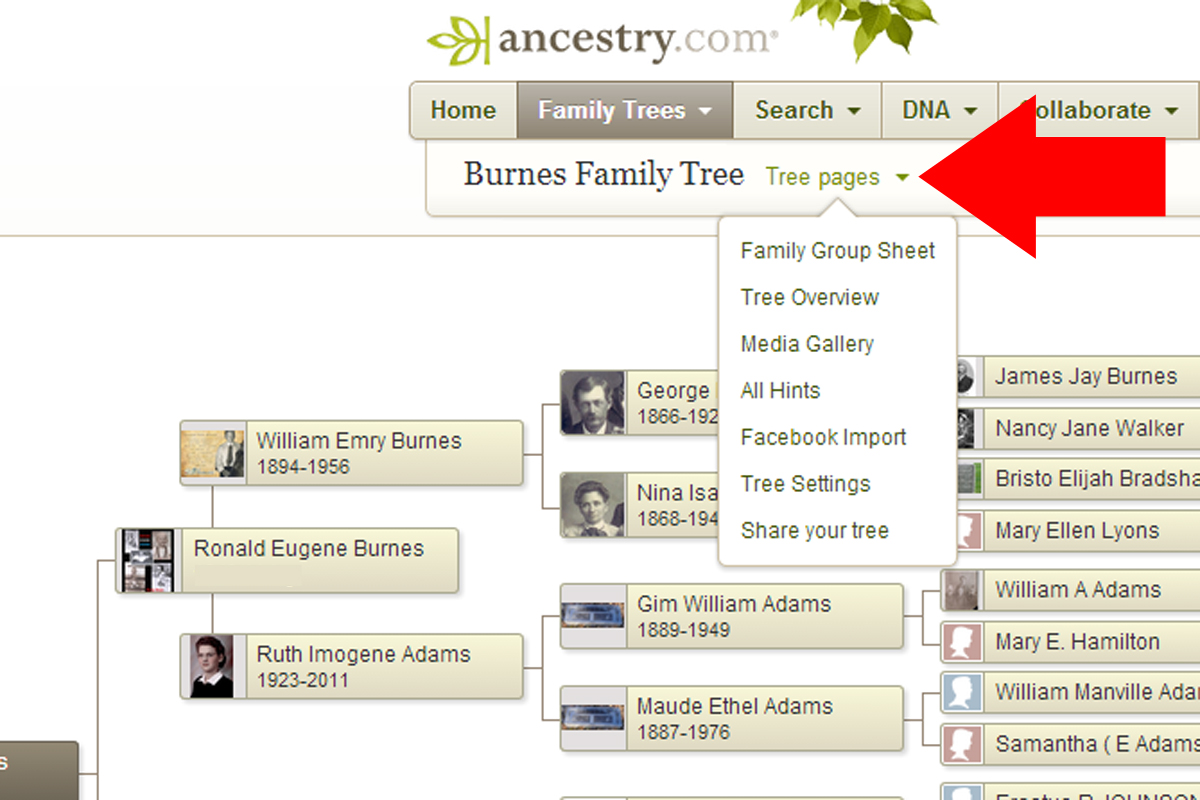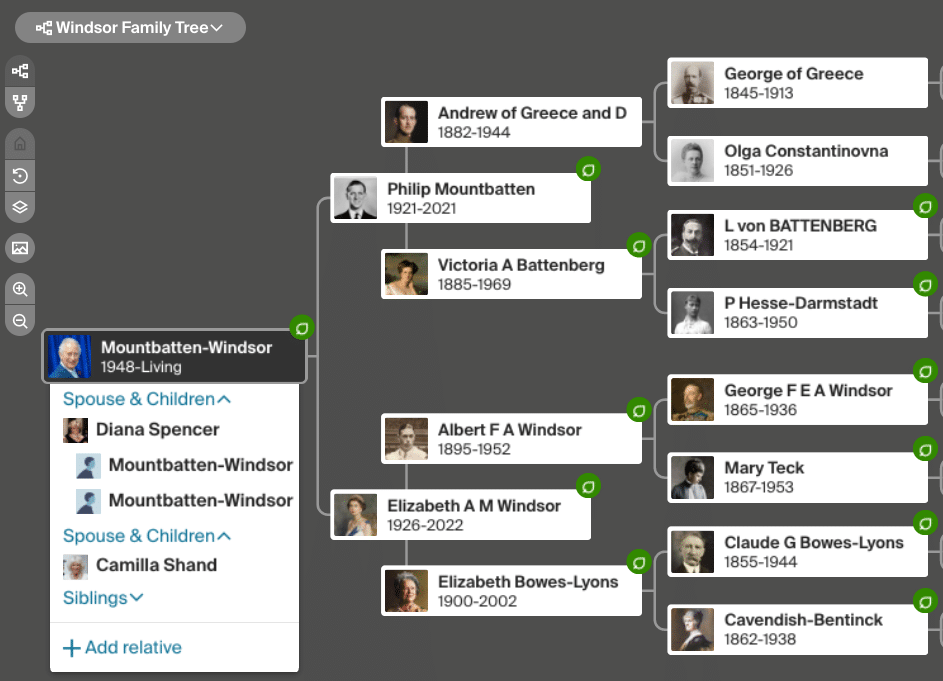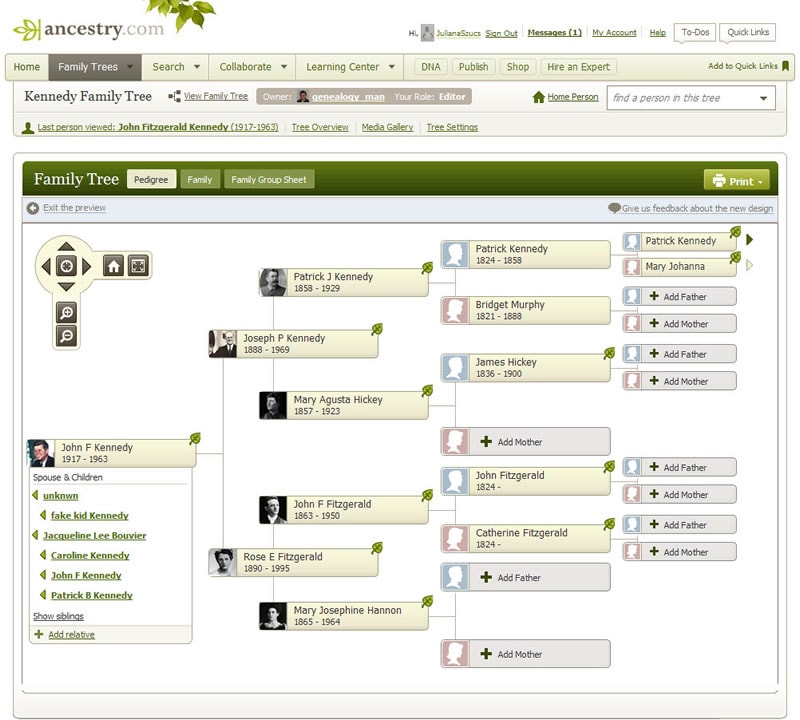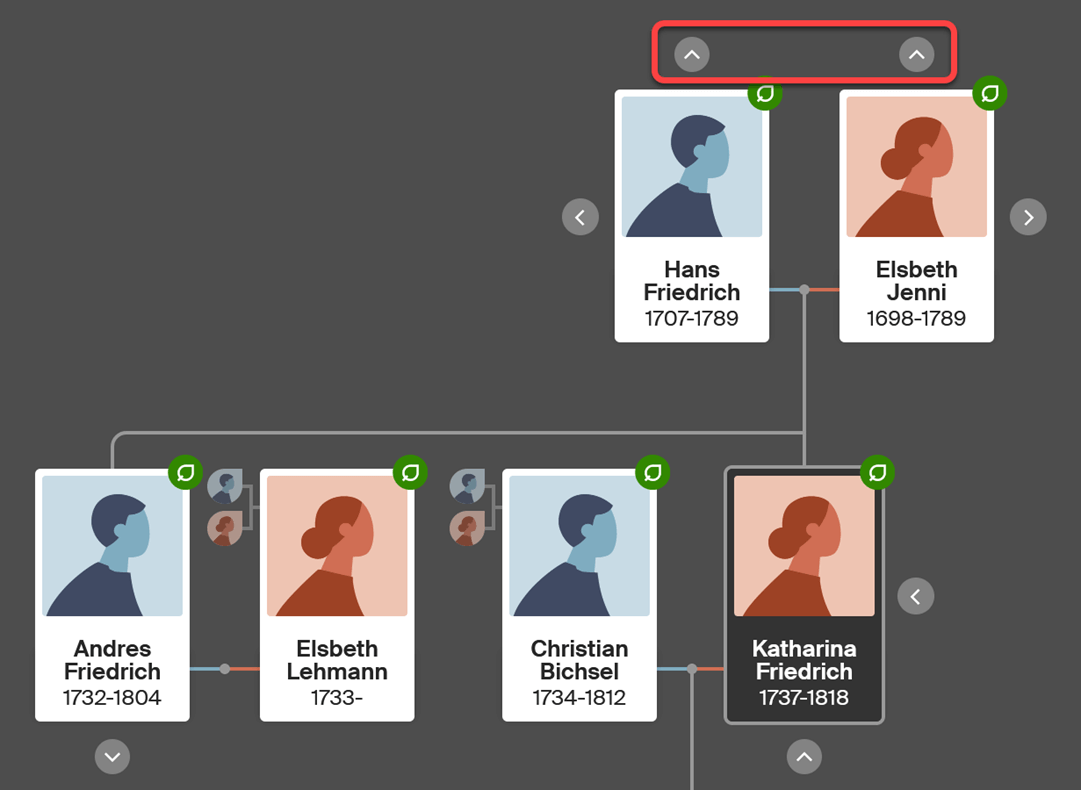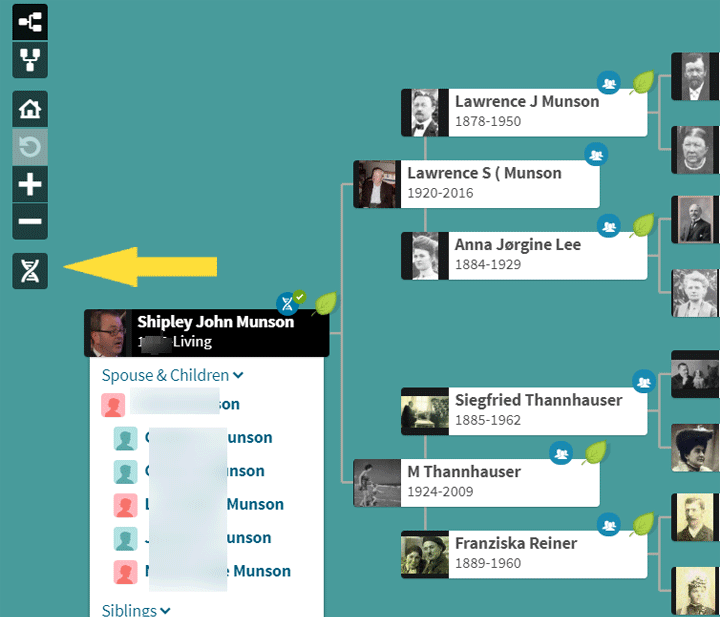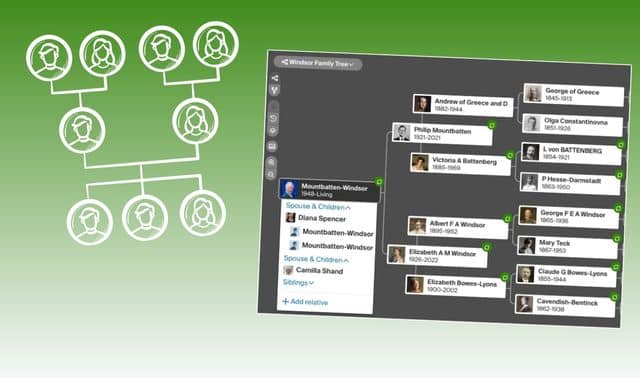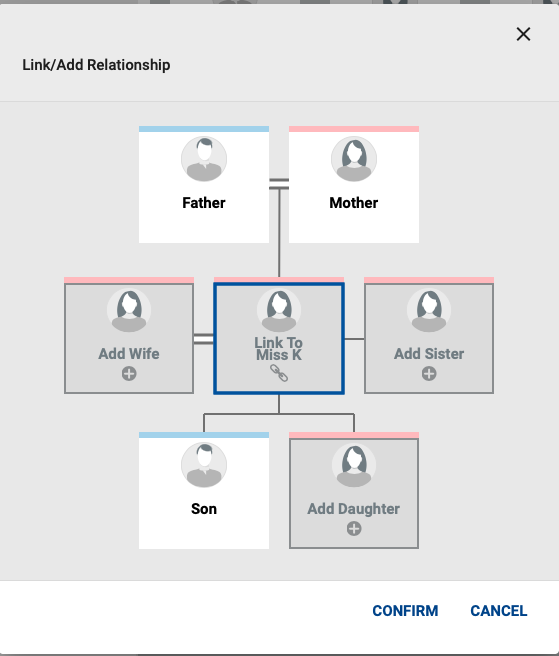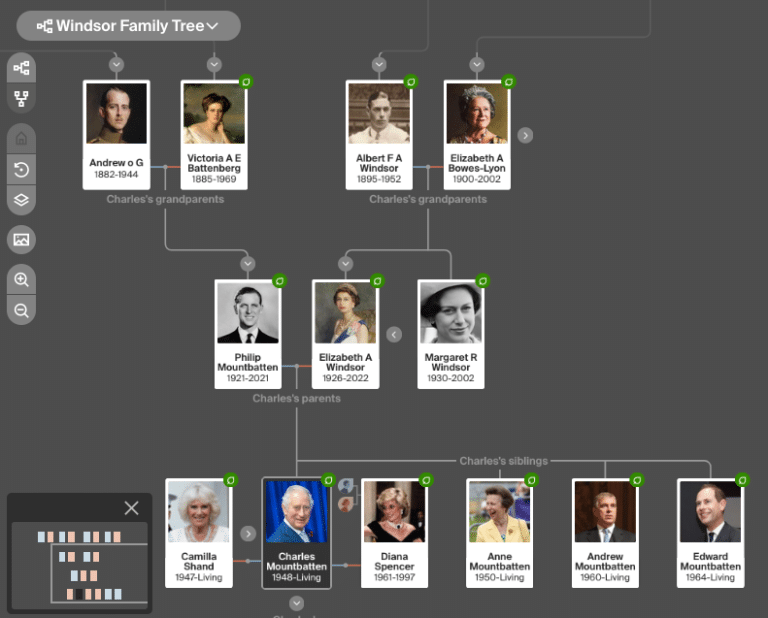How To Link Family Trees On Ancestry
:max_bytes(150000):strip_icc()/ancestry-member-tree-family-58b9e3693df78c353c53a75a.png)
Genealogy, the meticulous pursuit of tracing familial lineage, has been revolutionized by online platforms like Ancestry. Millions dedicate hours to building digital family trees, hoping to connect with relatives and uncover their heritage. However, the process of linking these independently constructed trees, crucial for collaborative discovery and validation, can be a source of both immense excitement and frustrating complexities.
Understanding how to effectively link family trees on Ancestry is vital for maximizing the platform's potential. This article dissects the step-by-step methods for connecting trees, highlights common challenges, and explores the ethical considerations involved in merging genealogical information. We will also delve into strategies for ensuring accuracy and navigating potential discrepancies.
Understanding the Basics of Tree Linking
Ancestry offers several ways to link trees, each serving a slightly different purpose. The most straightforward method involves linking directly to another member's tree, usually a known relative. This requires the other member's explicit permission and allows for a controlled sharing of information.
Another approach involves utilizing Ancestry's "ThruLines" feature. This tool analyzes your tree and suggests potential connections to other members' trees based on shared ancestors. The algorithm identifies individuals appearing in multiple trees with similar biographical details.
Step-by-Step Guide to Linking Trees Manually
To manually link to another member's tree, you must first locate the individual in their tree you believe connects to your own. Then, navigate to that individual's profile page. Look for the "Tools" or "Actions" menu, often represented by three dots. Select "Send Tree Invite" or a similar option to request access to their tree.
The recipient will receive a notification and can choose to accept or decline your request. If accepted, you will be granted access to view their tree, allowing you to compare information and manually connect individuals where appropriate.
Leveraging ThruLines for Potential Connections
Ancestry's ThruLines feature is designed to automatically identify potential relationships. Access ThruLines through the "DNA" tab on the Ancestry website.
The tool will display potential ancestors shared between your tree and others. Evaluate the suggested connections carefully, comparing dates, locations, and other vital information to ensure accuracy.
Addressing Common Challenges and Ethical Considerations
One of the biggest challenges in linking family trees is ensuring accuracy. Discrepancies in dates, names, and locations are common, especially when relying on sources of varying quality. Always verify information with primary sources like birth certificates, census records, and marriage licenses whenever possible.
Ethical considerations are also paramount. Respect the privacy of living individuals. Do not share or copy information from other members' trees without their permission, particularly sensitive details like medical history or adoption records.
Moreover, be aware of the potential for introducing errors. Blindly copying information without verification can perpetuate inaccuracies and mislead future researchers. Maintain a critical eye and prioritize accuracy over speed.
"Genealogy is about more than just filling in boxes on a chart. It's about understanding the stories of our ancestors and respecting their privacy," - Genealogical Standards Board.
Best Practices for Accurate and Responsible Tree Linking
Start by focusing on building a solid foundation for your own tree. Document your sources meticulously and prioritize primary sources over secondary sources. This will help you to critically evaluate potential connections offered by Ancestry.
When linking to another tree, clearly document the connection in your notes. Explain why you believe the link is valid and provide evidence to support your claim. This transparency will help future researchers understand your reasoning.
Engage in collaborative discussion with other members. If you find discrepancies, reach out to the owner of the other tree to discuss the issue. A collaborative approach is more likely to result in accurate and comprehensive family histories.
Regularly review and update your tree as new information becomes available. Genealogy is an ongoing process, and new records are constantly being digitized and made accessible.
The Future of Collaborative Genealogy on Ancestry
Ancestry continues to invest in improving its tree linking capabilities. Expect to see more sophisticated algorithms that can better identify potential relationships and flag potential errors. The platform is also likely to introduce features that facilitate more collaborative research, making it easier for members to share information and resolve discrepancies.
The future of genealogy lies in collaborative efforts and the responsible use of technology. By understanding how to effectively link family trees and adhering to ethical guidelines, users can unlock the full potential of platforms like Ancestry and build richer, more accurate family histories for generations to come.

